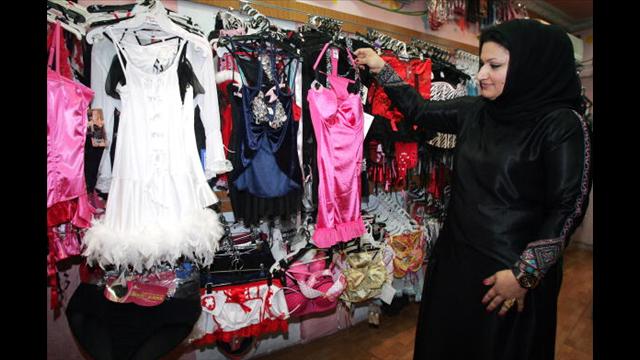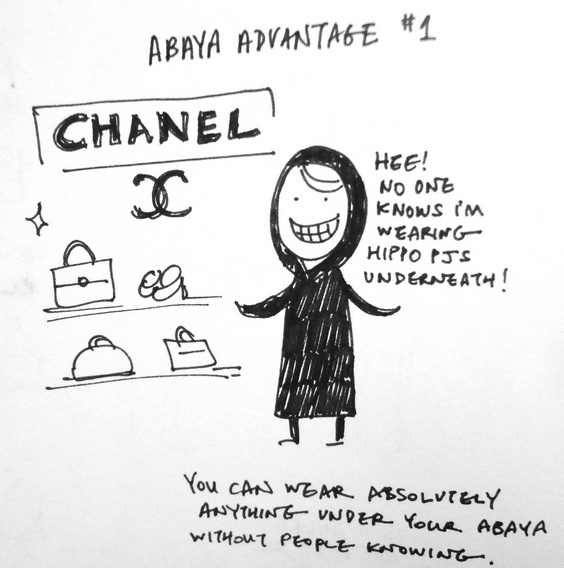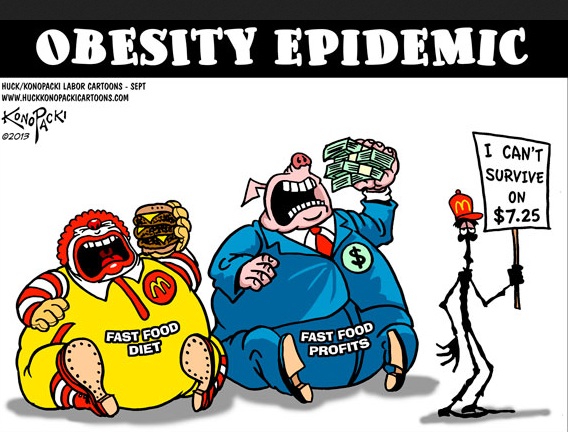Iceland has announced it is dropping its bid to join the European Union in line with pledges made two years ago by its then-new eurosceptic government.
Iceland first applied for EU membership under a leftist government in 2009, when the country was badly shaken by an economic crisis that saw the Icelandic krona lose almost half its value, making eurozone membership an attractive prospect.
But the thorny issue of fishing quotas was seen as a key obstacle to joining the bloc, although it was never brought up in the accession talks.
Fishing represents an important part of the Icelandic economy, and it was never made clear how differences between Brussels and Reykjavik could be patched over on the subject.
Thousands of protesters had thronged the streets of Reykjavik last year to demand a referendum after the government said it was dropping its EU membership bid without a popular vote.
But opinion polls more recently began to show growing resistance among Icelanders to EU membership.
The north Atlantic island is a member of Europe’s visa-free Schengen area and the European Economic Area.
That allows it to export seafood to the mainland tariff-free and helps boost tourism, which is crucial to the country’s foreign exchange earnings.
Advertisement
Iceland has clawed its way back from the demise of its bloated financial sector in 2008, with official figures showing this week that GDP reached record levels last year.
At constant prices, Iceland’s GDP grew by 1.9% in 2014 to beat a GDP record dating back to pre-crisis levels, according to Statistics Iceland.
However, “GDP per capita remains lower than in 2008, and while there is no shortage of jobs, we lack jobs that pay well, especially for young graduates,” University of Iceland economics professor Asgeir Jonsson told AFP.
For many Icelanders, joining the EU has not been a major priority, with concern instead over how to pay back loans taken on when the economy seemed to be booming before the crash.
The small Nordic country was hit hard as the crash of US investment bank Lehman Brothers caused the collapse of its three largest banks.
Without effective oversight, Iceland’s banks had taken out massive cheap loans abroad, scooping up assets worth several times the island’s annual output.
Iceland then became the first western European nation in 25 years to appeal to the International Monetary Fund to save its battered economy.








